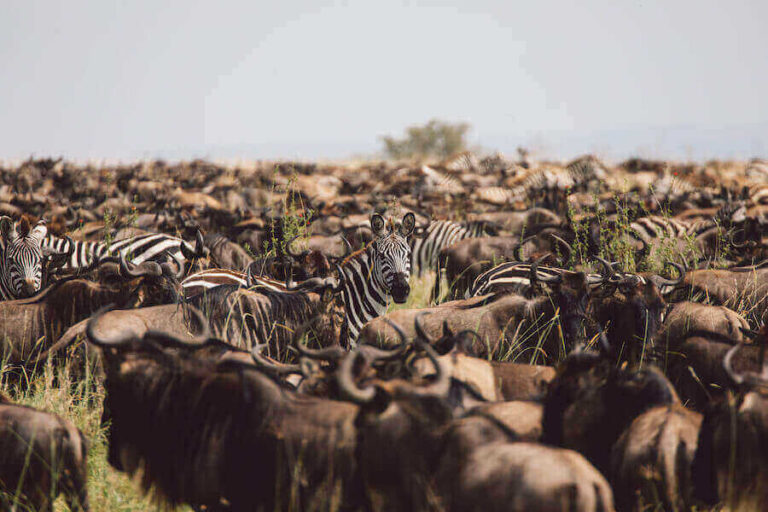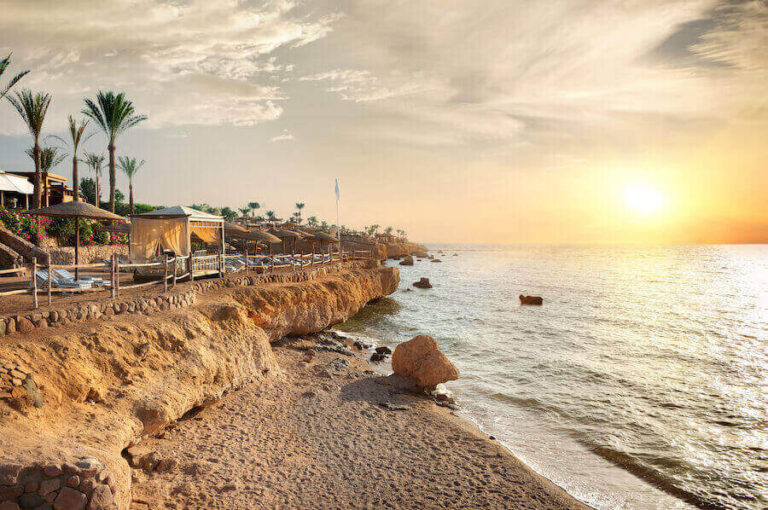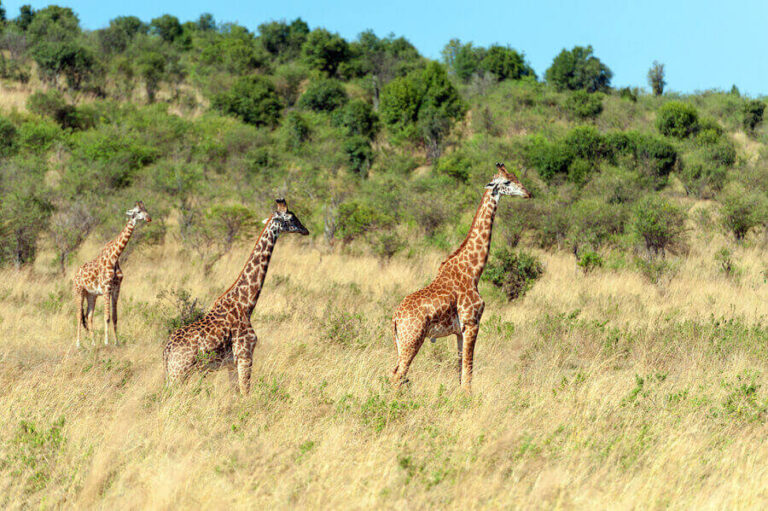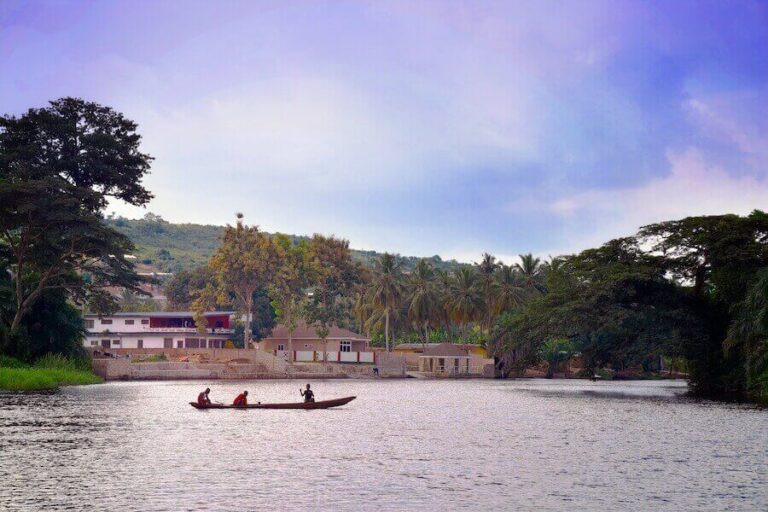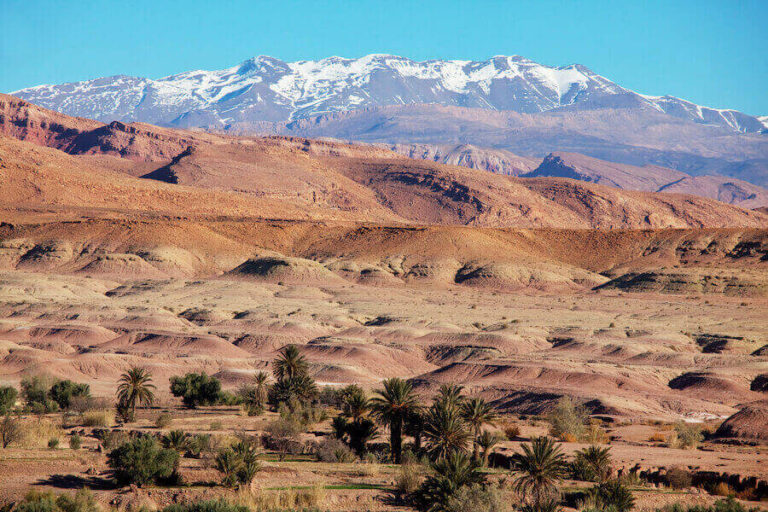Does It Snow In Algeria [Winter Travel]
Yes, it does snow in Algeria. Snowfall is most common in the northern regions of the country, especially in higher-elevation areas.
Algeria Overview
Algeria, officially the People’s Democratic Republic of Algeria, is a North African country bordered by Tunisia to the northeast, Libya to the east, and Morocco to the west.
With an area of 2,381,741 square kilometers (919,595 sq mi), it is the largest country in Africa and the 10th largest in the world. The capital and most populous city is Algiers located in the far north of the country on the Mediterranean coast.
The population of Algeria is around 44 million with a majority living along its 1,600 km coastline stretching from Morocco in the West to Tunisia in the East.
Arabic is the official language while French has also been recognized as one since 2002 for diplomatic purposes. Berber languages are spoken by some communities including Kabyle which forms 40%of all Algerian speakers.
Islam is the major religion followed by 99% of the population while Christianity and Judaism are minority religions.
Algeria gained independence from France after a long struggle against colonial rule that lasted from 1954 to 1962 when it declared itself an independent republic under the leadership of Mohamed Ben Bella who became its first president. It adopted a socialist economic model heavily dependent on oil revenue.
Algeria For Travel
Traveling in Algeria is an adventure that offers visitors a unique combination of cultures, landscapes, and experiences. From the awe-inspiring Sahara Desert to the bustling cities and Mediterranean beaches of the Mediterranean coast, Algeria is a country full of surprises.
The culture in Algeria is a mix of many different influences and visitors can explore these diverse cultures and lifestyles. The vibrant capital city, Algiers, contains some stunning architecture such as the Kasbah of Algiers, which dates back to 1516.
Other historic attractions include Constantine, with its labyrinthine streets that curve around hilltops offering stunning views over the adjacent valley below. You can also experience traditional life in the villages and towns dotting the countryside.
History buffs will be thrilled with Algeria’s historical sites; many dates back centuries to Roman times such as Tipaza where ruins offer an intriguing insight into ancient civilizations that once existed there.
Algeria’s cuisine combines elements from North African, Middle Eastern, and European flavors. Dishes like couscous, tagine, and pastilla are popular staples in Algerian cooking with ingredients like saffron, dates, and oranges often featuring prominently.
Algerian food is often spiced but still mild enough for most palettes to enjoy; fresh-from-the-market produce plays an important role in many dishes too!
The Sahara Desert takes up a large part of the country’s landscape so desert activities are incredibly popular here. There are plenty of organized tours available for those who want to take on the sandy dunes or go camel trekking across them.
Alternatively, there are plenty of opportunities for hiking activities through its vast valleys or exploring remote settlements nearby. Algerian beaches along its Mediterranean coastline offer long stretches of sand perfect for swimming or sunbathing while enjoying spectacular views too!
Algeria Climate
Algeria boasts a unique and diverse climate, with various weather patterns found throughout the country. Generally speaking, Algeria has a hot desert climate characterized by extremely hot summers and mild winters. The northern coastal areas are usually more temperate than the central and southern regions of the country.
Most of Algeria experiences two main seasons – summer, which begins in April and can last until June; and winter, which falls between October and March. During the summer months, temperatures soar to an average of 20°C (68 °F), but can reach a scorching 45°C (113 °F).
Rainfall is sparse in Algeria. The northern regions receive more precipitation than the southern regions, but rainfall is generally low throughout the country. In the Saharan region, for example, it may receive less than 10 mm (0.4 inch) of rainfall per year.
In mountainous areas, such as Kabylie and Aurès Mountains in eastern Algeria, temperatures can be cooler and more moderate due to high altitudes. The mountains also receive more rainfall than the rest of the country.
Winter In Algeria
Algeria is a large country located in Northwest Africa. During the winter months, Algeria experiences a temperate climate with cool temperatures and occasional rain showers.
The average temperature during the winter season ranges from lows of about 10°C (50°F) to highs of around 17°C (63°F). Rainfall is fairly common during this time of year, although snow is rare and only falls at higher elevations.
The coastal regions are typically milder than inland areas due to their proximity to the Mediterranean Sea. Winter days in Algeria can be quite pleasant with cooler temperatures, making it an ideal time for sightseeing or outdoor activities such as hiking and camping.
When Does It Snow In Algeria
Snowfall in Algeria can be quite unpredictable due to its diverse geography. The country has three main regions: the Tell Atlas, Saharan Atlas, and the Saharan Plateau. Each of these regions experiences different weather patterns. However, a bulk of the snow in Algeria typically comes in from late December to mid-February.
December Climate And Snow In Algeria
December in Algeria is a special month, as the weather is unpredictable and can vary greatly with every passing day. The average temperature ranges from 12°C (53°F) to 22°C (71°F), however, it can drop to 4°C (39°F) or rise to 33°C (91°F).
Snowfall is possible in mountainous regions such as Oran and Tlemcen. With that being said, you can expect to experience a diverse range of temperatures throughout your stay.
January Climate And Snow In Algeria
January in Algeria is a time of cold, wet weather. Temperatures typically range from lows of -2°C (28°F) to highs of 18°C (64°F). The average temperature for the month is 8.7°C (47.6°F). Rainfall is common, with an average monthly rainfall of about 60 mm (2.4 inches).
Snowfall is rare in Algeria, but it can occur in the mountain regions of the country in January. The days are short and mostly overcast, with an average total daily sunshine of around 4-6 hours.
For those looking to explore the outdoors during January in Algeria, there are still plenty of activities available. Hiking and camping can provide a great escape from the city’s hustle and bustle.
February Climate And Snow In Algeria
February is a month when Algeria’s weather can be quite varied, but typically the days are pleasant with bright sunshine. Temperatures tend to range from mild highs of around 13°C (55°F) to cool lows of 1°C (34.1°F). The average daily temperature for February in Algeria is around 6°C (42.8°F).
Rainfall is also a factor in February, with an average of around 43mm (1.7in) throughout the month. Snowfall is not common at this time, but it can occur in certain areas and at higher elevations. The coastlines will often have more pleasant temperatures than the inland regions during February.
When traveling during February, it is best to bring along a light jacket as temperatures can vary from day to day.
Where Does It Snow In Algeria
While the temperatures remain fairly constant throughout most parts of the year, there are some areas in Alegia that can see snowfall in the winter months.
One such area is the Tell Atlas mountain range located in northeast Algeria. The Aures Mountains located in the northern part of Algeria also experience snowfall during these months. Generally speaking, the higher altitudes receive more snow than the lower ones.
Winter And Snow In Algeria’s Major Cities
Winter In Oran
In winter, the weather in Oran is typically mild and pleasant. The city enjoys an average temperature of around 15°C (59°F), but temperatures can drop to single digits during the coldest months.
There are usually occasional snowfalls, but they usually remain light and short-lived. The sky is often clear and sunny, making it a great time to explore the city.
You can enjoy plenty of outdoor activities during winter in Oran. The mild temperatures are perfect for long strolls along the city’s many beaches and lakesides, or taking in the majestic views from nearby hills.
There are also plenty of historical sites and attractions to explore, including Lalla Setti Palace and the Marabout Sidi-Houari Mosque.
Winter In Boumerdès
Winter in Boumerdès is generally cold and dry. Temperatures average 33˚F (0.5˚C) during the day, while overnight lows drop to an average of 27˚F (-2.7˚C).
While it may be too cold for beach-goers, winter in Boumerdès is perfect for exploring the outdoors. Morocco and Algeria meet at Oued Soummam, a scenic point near Boumerdès that lies along the Mediterranean coast. Here you’ll find rugged cliffs, tranquil beaches, and plenty of trails to explore.
If you’re looking for something a bit more traditional, the cities of Tadjenanet and Maghnia are great spots for shopping and sightseeing. The streets are lined with colorful shops selling handmade crafts, spices, jewelry, and more.
For those interested in culture, the area’s many mosques and monuments, like the Great Mosque of Tadjenanet, offer beautiful architecture to admire.
![Does It Snow In Qatar [Winter Travel]](https://offseasonbackpack.com/wp-content/uploads/2023/01/does-it-snow-in-qatar-768x512.jpg)
